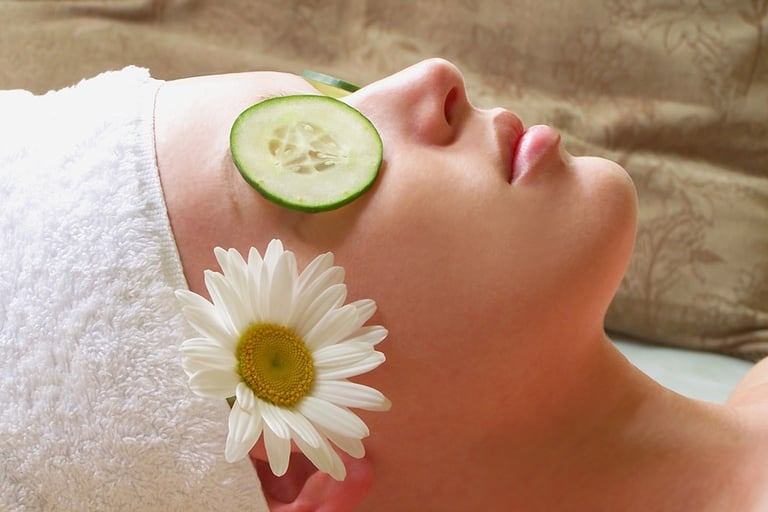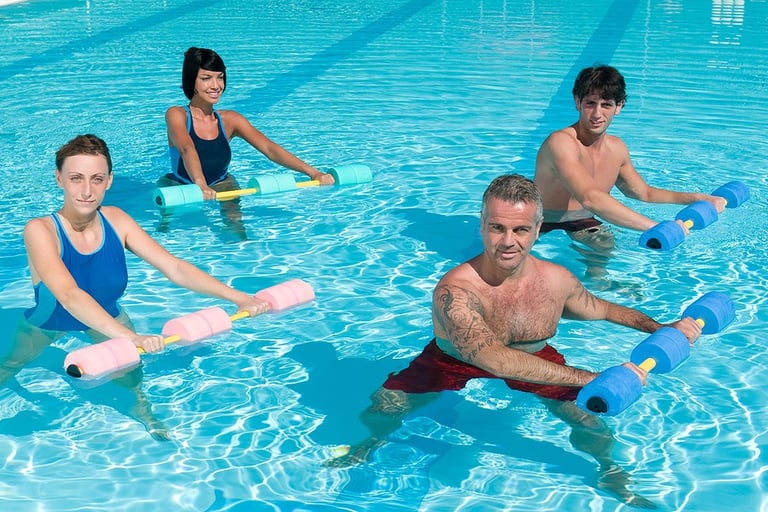12 Activities to Manage Stress and Promote Well-being
Activities that are recognised for reducing stress
3/4/20244 min read


In today's fast-paced world, it's important to prioritize our mental and physical well-being. One key aspect of leading a healthy, productive, and fulfilling life is managing our allostatic load. Allostatic load refers to the wear and tear on our bodies caused by chronic stress. When our stress levels are consistently high, it can have detrimental effects on our health. However, there are activities that we can incorporate into our daily lives to boost our body's happy chemicals, activate our "rest and digest" nervous system, and build our stress resilience. Let's explore some of these activities below.
1. Relaxing Walks: Taking a relaxing walk, especially in natural surroundings, can have a profound impact on our well-being. Spending time outdoors allows us to connect with nature and provides a sense of calm and tranquility. Whether it's a stroll in the park or a hike in the woods, immersing ourselves in nature can help reduce stress and improve our overall mood.
2. Moderate Sunshine: Sunlight is a natural mood booster. Spending time in the sun helps our bodies produce vitamin D, which is essential for our overall health. Just a few minutes of moderate sun exposure each day can have a positive impact on our well-being. However, it's important to protect our skin by wearing sunscreen and avoiding excessive exposure during peak hours.
3. Relaxing Music: Listening to relaxing music has been proven to reduce stress and promote relaxation. It can help calm our minds, lower our heart rate, and improve our mood. Whether it's classical music, nature sounds, or our favorite soothing tunes, incorporating music into our daily routine can be a simple yet effective way to manage our allostatic load.
4. Mindfulness Practice and Meditation: Practicing mindfulness and meditation allows us to cultivate a state of present-moment awareness. By focusing our attention on the present and observing our thoughts and emotions without judgment, we can reduce stress and enhance our overall well-being. Taking a few minutes each day to engage in mindfulness or meditation can have long-lasting benefits for our mental and physical health.
5. Massage: Massage therapy is not only a luxurious treat but also a powerful tool for stress reduction. The physical touch and manipulation of the muscles during a massage can help release tension, improve circulation, and promote relaxation. Whether it's a professional massage or a self-massage technique, incorporating this activity into our routine can help alleviate stress and promote a sense of well-being.
6. Deep Breathing: Deep breathing exercises are a simple yet effective way to activate our parasympathetic nervous system, also known as the "rest and digest" system. By taking slow, deep breaths and focusing on our breath, we can signal to our bodies that it's time to relax. Deep breathing can help reduce anxiety, lower blood pressure, and promote a sense of calm.
7. Laughter: They say that laughter is the best medicine, and for good reason. Laughing releases endorphins, our body's natural feel-good chemicals. It can help reduce stress, boost our mood, and improve our overall well-being. Whether it's watching a funny movie, spending time with friends who make us laugh, or engaging in activities that bring us joy, incorporating laughter into our lives can have significant benefits for our allostatic load.
8. Physical Affection: Snuggling with a loved one or pet can have a calming effect on our nervous system. Physical touch releases oxytocin, a hormone that promotes feelings of love and connection. Whether it's hugging, cuddling, or simply holding hands, engaging in physical affection can help reduce stress and enhance our overall well-being.
9. Yoga, Gentle Mobility, and Slow Stretching: Engaging in gentle movement practices like yoga, gentle mobility exercises, and slow stretching can help relieve tension in our bodies and promote relaxation. These activities not only improve our flexibility and range of motion but also provide an opportunity to connect with our bodies and cultivate mindfulness. Incorporating these practices into our routine can have a positive impact on our allostatic load.
10. Gentle Swimming or Water Immersion: Taking a dip in a pool or immersing ourselves in a hot tub can be incredibly relaxing. The buoyancy of water relieves pressure on our joints and muscles, allowing us to experience a sense of weightlessness and relaxation. Whether it's swimming a few laps or simply floating in water, incorporating water-based activities into our routine can help reduce stress and promote well-being.
11 Non-Competitive Physical Activities: Engaging in physical activities that are non-competitive can be a great way to relieve stress and promote well-being. Whether it's going for a leisurely bike ride, practicing tai chi, or participating in a gentle exercise class, choosing activities that focus on enjoyment rather than competition can help reduce stress and improve our overall quality of life.
12. Drinking green tea: A large study in Japan found that regularly drinking green tea lowered the stress levels of those found to have high levels of psychological stress. This is thought to be due to L-theanine, a non-protein amino acid in green tea (and, to an extent, in other teas).
Incorporating these activities into our daily lives can help us manage our allostatic load and promote overall well-being. Remember, it's important to prioritise self-care and make time for activities that nourish our bodies and minds. By taking small steps towards reducing stress and building stress resilience, we can lead healthier, more fulfilling lives.








Own your wellbeing. Master your leadership. Live your life.
Personalised Coaching for Impactful Leadership & Sustainable wellbeing.
Let’s talk about where you are and where you want to go.
Book a free discovery call to explore what’s possible.
